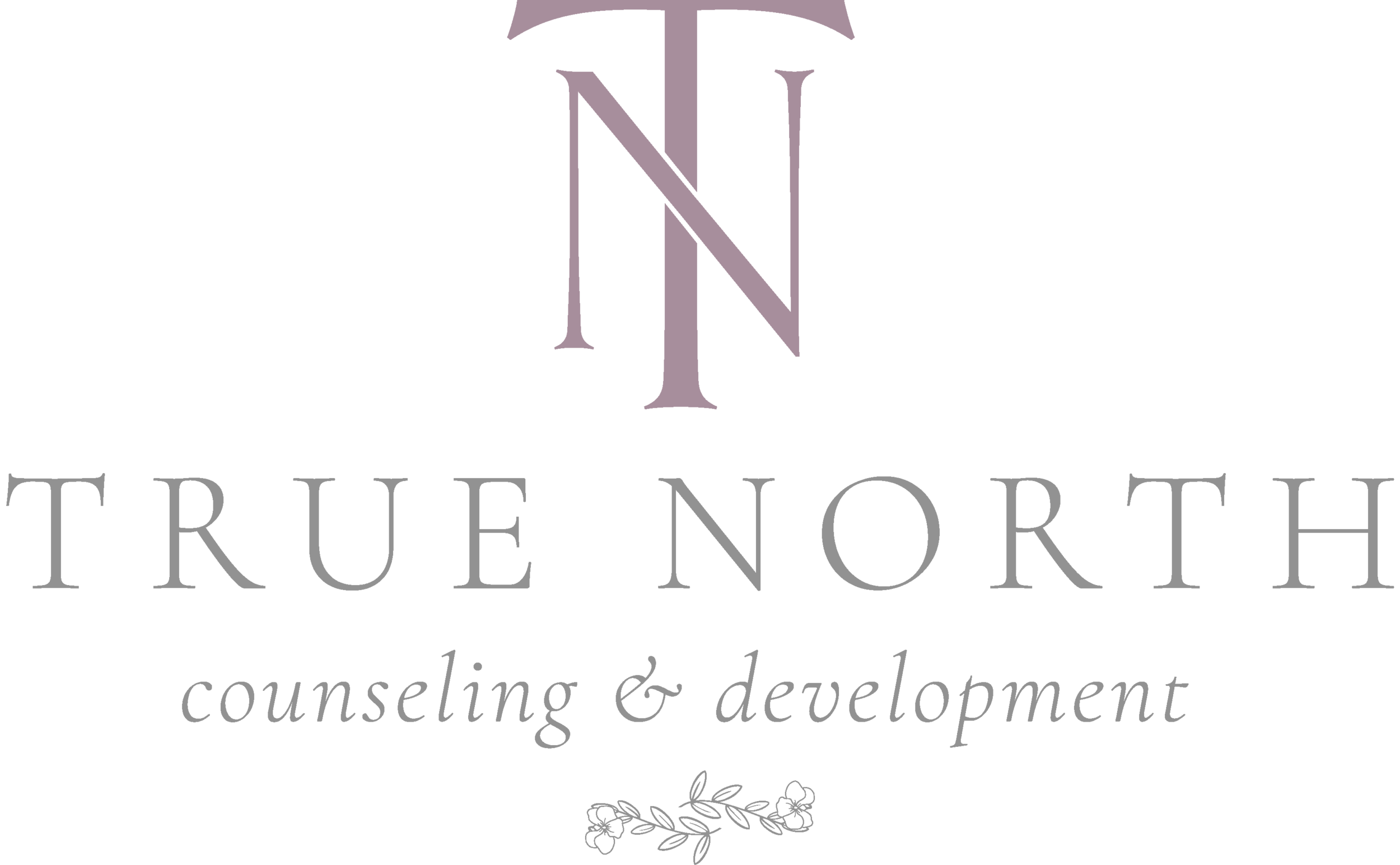Getting Into the Feels: How Can EMDR Help?
What is this therapy I keep hearing about...EM–something???
Acronyms never fail to confuse haha! Eye Movement Desensitization Reprocessing (EMDR) is an evidenced based modality of therapy developed by Francine Shapiro, PhD in 1987.
EMDR works on a psychological and neurological level by providing adequate resources for persons to process stressful life events and emotional experiences without the requirement of dictating every detail or aspect. In this approach, you will establish a target problem and the therapist will guide you through 8 phases of treatment until the target problem is resolved.
As you’ve learned throughout this blog series, no one person will be able to completely work through emotional experiences in the same way. In traditional talk therapy, clients will have varying levels of willingness to be vulnerable and express themselves fully on an emotional level. After all, who is this stranger that I am talking to? Are they even able to help? Can they really understand what my life is like? These natural safeguards are there for a reason…protection. If we have been hurt or invalidated for our emotions, it is only natural to protect them and only express them when we truly feel safe. Research in therapy progress will show consistently that emotional safety and good rapport with the provider is essential if progress is to be made.
While some individuals can achieve rapport and safety with a provider, others may not or may still continue these safeguards even though a client knows logically that a provider is safe. As a result, progress stalls or aspects of emotional experiences are still buried/withheld. EMDR is an excellent option to access emotional material without the individual being forced to share details or subconsciously standing firm in the mental/physiological barricades that keep emotional material protected. As my former supervisor used to say, “EMDR heals or reveals.”
Any time we experience hardship in life, we can be prone to the natural fight, flight, freeze, fawn reactions in order to survive. When this happens, our brains are not fully online and operational; it is unable to fully incorporate all the information and impacts. It is only afterward, when our brain can make sense of what happened and start the process of moving forward. Unfortunately for some, even after the event is over, aspects are misplaced, buried, and/or scattered in our minds and not dealt with. EMDR provides the opportunity for the entire brain to process a traumatic event in ways that traditional talk therapy may not permit. Whether we over-intellectualize what happened, forget what happened, bury the emotions in response to what happened, or something out of the blue, EMDR offers the individual another option to ensure that nothing is left out. Resulting in a person being able to fully process an event without any barriers.
If you’ve ever experienced a hard life event and something just doesn’t feel right. Or perhaps the event doesn’t feel “done,” and your mind is still going through it repeatedly, EMDR may be a great fit for you! I have loved watching clients discover what has held them back from thriving and/or working through hard things successfully. EMDR has served as a great modality to help every client access their strengths and adaptive information while unlearning incorrect life messages and working through difficult material.
If you are interested in learning more about how EMDR may be helpful to your unique concerns, please contact True North Counseling and Development at 859-740-7374 or sign up for our free Lunch & Learn on Wednesday, August 23rd at noon by entering your information in the sign up sheet above.
*Reminder, while these posts are not designed to replace or serve as therapy, I do hope you find them educational and insightful. If at any point in reading these posts, if you start experiencing distress or the lightbulbs start turning on that what you’ve learned needs a further dive with a professional, the Therapists at True North Counseling & Development will be happy to help you with your needs. You can contact True North at 859-740-7374.
